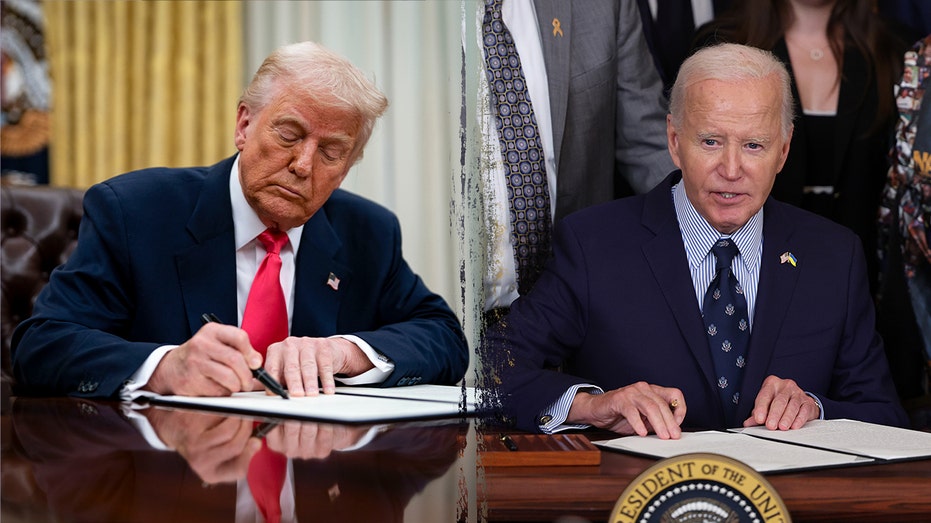Trump Accuses Biden of Using Autopen for Pardons: Legality and Debate Unfold

Sarah Johnson
March 20, 2025
Brief
Donald Trump criticizes President Biden's use of an autopen to sign pardons, questioning the validity and oversight of presidential actions amid ongoing legal and political debate.
Donald Trump has stirred the pot once again, this time accusing President Joe Biden of using an autopen—a mechanical device that replicates signatures—to sign over 8,000 pardons, including some for lawmakers involved in investigating the January 6 Capitol riot. Trump alleges that Biden’s use of the autopen invalidates these pardons and raises questions about whether Biden personally authorized them or even understood what he was signing.
The autopen, for those unfamiliar, is not your average stamp. This gadget holds an actual pen and reproduces a person's signature with eerie precision. It’s not just a tool for politicians; celebrities and other high-profile individuals rely on it for signing heaps of documents. Modern autopen machines can even store signatures digitally and churn out full-length handwritten letters for mass mail campaigns. Fancy, huh?
While autopens are nothing new—former President Barack Obama famously used one in 2011 to reauthorize the Patriot Act while abroad—Trump has made it clear he finds the device inappropriate for major decisions like pardons. He admitted to using an autopen for letters but called its use for pardons "disgraceful." A White House official clarified that Trump personally signed all legally binding documents during his administration. Points for the old-school touch, I guess.
The legality of using an autopen for presidential actions isn’t up for much debate. The Justice Department in 2005 ruled that presidents can legally use autopens to sign bills into law. Moreover, a February ruling from the U.S. Court of Appeals for the Fourth Circuit stated that the absence of a physical signature doesn’t invalidate presidential clemency acts. Constitutional scholar Jonathan Turley says the chances of successfully challenging Biden’s pardons in court are "vanishingly low." Dead-hand conspiracy theories, as Turley puts it, won’t hold up in court.
Still, Trump’s remarks have reignited concerns about Biden’s mental sharpness and the involvement of unelected staff in controlling the autopen. A report from The Heritage Foundation’s Oversight Project claims that most documents signed during Biden’s administration were autopen-generated, raising eyebrows about who really authorized these actions.
A spokesperson for Biden declined to comment on the matter, leaving the debate swirling. While it’s clear that autopen use is legally sound, the optics of it—especially when paired with broader concerns about Biden’s leadership—give Trump plenty of fodder for his critiques.
Love it or hate it, the autopen is here to stay in modern governance. Whether it’s a harmless convenience or a symbol of detached leadership depends on who you ask. But one thing’s for sure: Trump’s knack for stirring up controversies remains unparalleled.
Topics
Editor's Comments
Okay, let’s take a moment to appreciate the irony here. Trump, who openly admits using an autopen for correspondence, is calling Biden’s use of the same device "disgraceful." Pot, meet kettle. But seriously, this whole autopen drama feels less like a legal crisis and more like a PR nightmare for Biden. The real question isn’t whether the pardons are valid (they legally are) but whether the public perceives him as hands-off and disconnected. Optics matter, folks.
Like this article? Share it with your friends!
If you find this article interesting, feel free to share it with your friends!
Thank you for your support! Sharing is the greatest encouragement for us.



